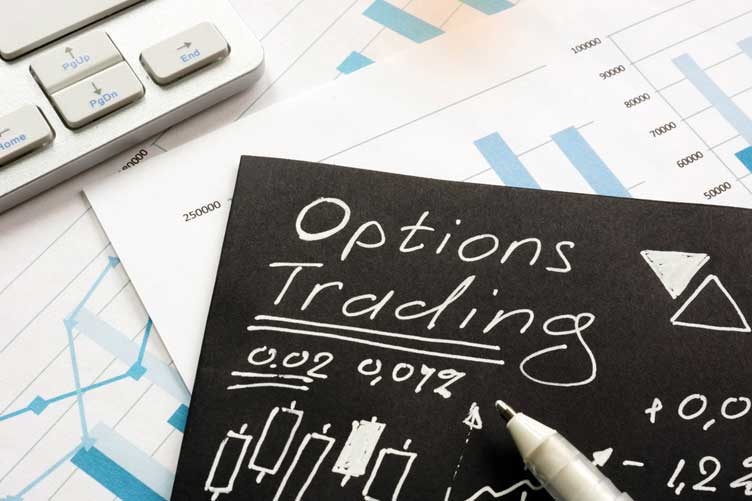Bitcoin and Bitcoin futures represent two distinct ways to engage with the world’s first and largest cryptocurrency by market cap. While both involve the digital asset, they cater to different investor needs and preferences, offering varied levels of exposure, risk, and complexity.

Bitcoin
Bitcoin (BTC) is a digital currency that operates on a decentralized network of computers. It was designed to offer a peer-to-peer electronic cash system, allowing users to send and receive payments without the need for a central authority. Trading Bitcoin involves buying or selling the cryptocurrency directly through exchanges, such as Coinbase or Binance. The safety of trading Bitcoin largely depends on the security measures implemented by these exchanges, including two-factor authentication, cold storage, and insurance policies against theft or hacking incidents.
Advantages of Trading Bitcoin Directly
- Ownership: When you buy Bitcoin, you own the actual cryptocurrency, giving you the freedom to use or transfer it as you please.
- Potential for long-term growth: Direct investment in Bitcoin offers exposure to its price appreciation over time.
- Decentralization: Bitcoin operates on a decentralized network, reducing the risk of censorship or interference from central authorities.
Disadvantages:
- Volatility: Bitcoin’s price is highly volatile, making it a risky investment.
- Security risks: Holding Bitcoin requires managing private keys securely, and exchanges are vulnerable to hacks.
- Regulatory uncertainty: The legal status of Bitcoin varies by jurisdiction, potentially affecting its use and value.
Bitcoin Futures
Bitcoin futures are derivative contracts that obligate the buyer to purchase, and the seller to sell, Bitcoin at a predetermined future date and price. Trading Bitcoin futures does not involve the direct exchange of Bitcoin itself. Instead, it’s a way to speculate on the price movement of Bitcoin without owning the underlying asset. Futures on Bitcoin are traded on regulated exchanges, including the Chicago Mercantile Exchange (CME), one of the world’s leading financial markets for derivatives.
Advantages of Trading Bitcoin Futures
- Regulation: The CME is regulated by the Commodity Futures Trading Commission (CFTC), offering a level of security and oversight not available on all cryptocurrency exchanges.
- Leverage: Futures contracts allow for the use of leverage, enabling traders to gain a larger exposure to Bitcoin with a smaller amount of capital.
- Hedging: Investors holding Bitcoin can use futures to hedge against price volatility, protecting against potential losses.
- No need for wallets: Trading futures eliminates the need to manage digital wallets and private keys, reducing the risk of theft.
Disadvantages:
- Complexity: Futures are complex financial instruments that require a good understanding of the market and trading strategies.
- Leverage risks: While leverage can amplify gains, it can also magnify losses, potentially leading to rapid financial loss.
- No direct exposure to Bitcoin: Since futures do not involve owning Bitcoin directly, investors miss out on certain benefits, such as participating in the underlying blockchain ecosystem.
Safety and Exchanges
The safety of trading Bitcoin or Bitcoin futures largely depends on the platform used for trading. CME, as a regulated exchange, offers a higher level of safety and transparency compared to unregulated cryptocurrency exchanges. The regulatory framework and compliance standards help protect investors from fraud and manipulation. However, even with these protections, trading futures involves significant risk, especially due to the volatile nature of Bitcoin’s price.
Both Bitcoin and Bitcoin futures offer unique advantages and disadvantages. Direct investment in Bitcoin may be more suited to those seeking long-term exposure to the cryptocurrency’s growth and technological potential. In contrast, trading Bitcoin futures on platforms like the CME may appeal to experienced traders looking for hedging opportunities or speculative gains within a regulated environment. Regardless of the method chosen, understanding the inherent risks and conducting thorough research is crucial for anyone looking to engage with Bitcoin or its derivatives.
Top of FormReady to start trading futures? Call US 1(800)454-9572 – Int’l (310)859-9572 email info@cannontrading.com and speak to one of our experienced, Series-3 licensed futures brokers and start your futures trading journey with E-Futures.com today.
Disclaimer – Trading Futures, Options on Futures, and retail off-exchange foreign currency transactions involves substantial risk of loss and is not suitable for all investors. Past performance is not indicative of future results. You should carefully consider whether trading is suitable for you in light of your circumstances, knowledge, and financial resources. You may lose all or more of your initial investment. Opinions, market data, and recommendations are subject to change at any time.
**This article has been generated with the help of AI Technology. It has been modified from the original draft for accuracy and compliance.
***@cannontrading on all socials.









